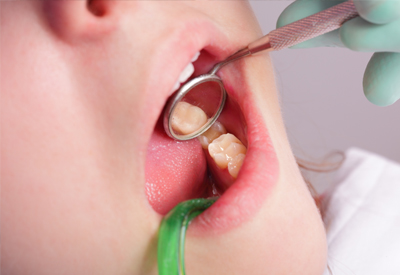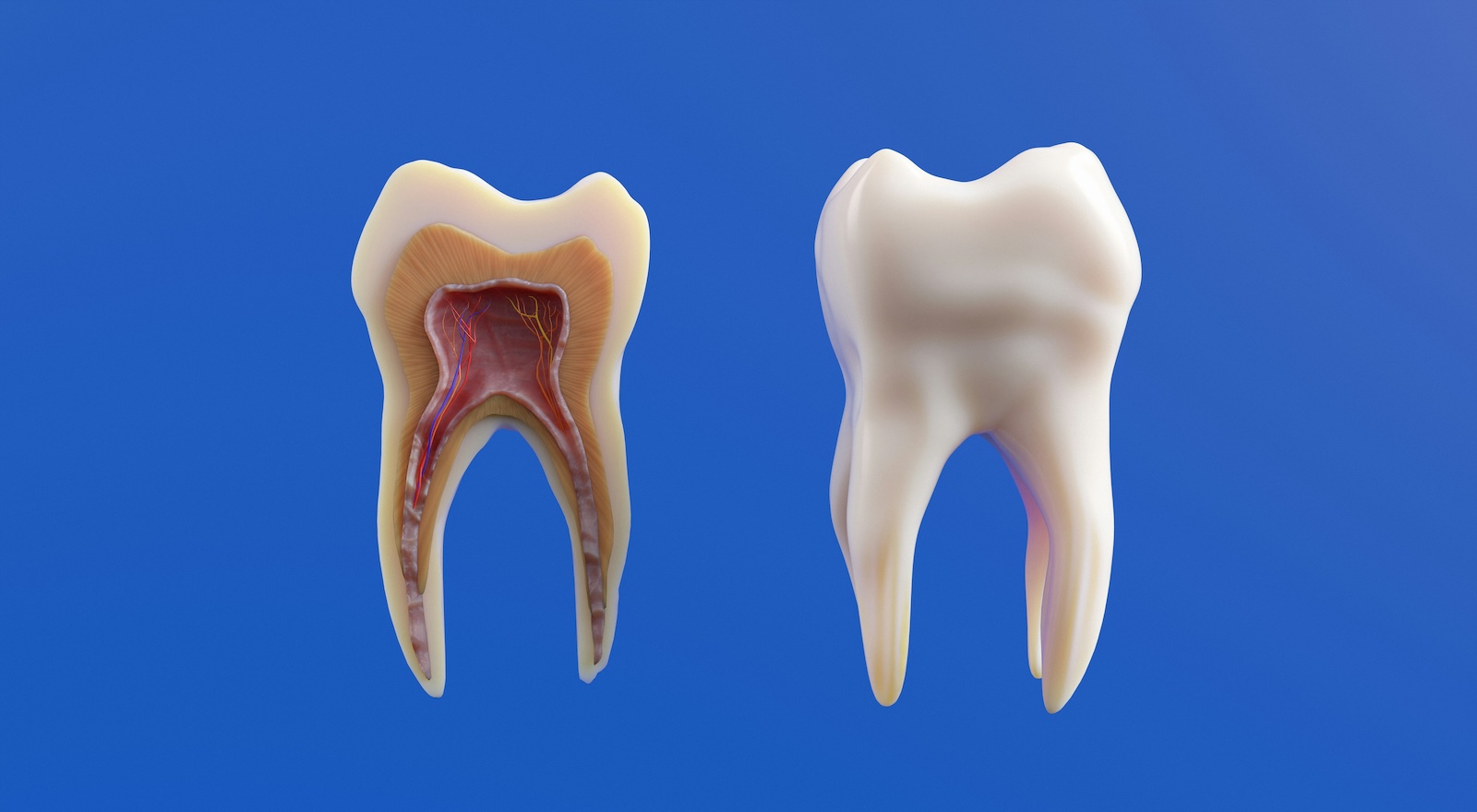How Stress Affects Your Oral Health
We all feel stress sometimes. Whether it’s from work, school, family, or just daily life, stress can affect our whole body—including our mouth. Many people don’t realize how stress can cause real problems for their teeth and gums. At All Smiles Dental, we often see signs of stress during dental visits, even if patients don’t notice it themselves.
Here’s how stress can affect your oral health, what to watch out for, and how to keep your smile healthy during stressful times.
How Does Stress Show Up in Your Mouth?
When you’re stressed, your body responds in ways you may not expect. You might clench your jaw, grind your teeth, or skip brushing your teeth when you’re tired. Over time, these habits can lead to serious dental problems.
Here are some common ways stress can harm your oral health:
1. Teeth Grinding and Jaw Clenching
Stress often leads people to clench their jaw or grind their teeth, especially while sleeping. This is called bruxism. You may not even know you’re doing it until you feel pain in your jaw or teeth. Grinding can wear down your enamel, cause cracks, and make your teeth more sensitive.
2. Jaw Pain and TMJ Disorder
Clenching your jaw too often can lead to pain in the joint that helps you open and close your mouth, called the temporomandibular joint (TMJ). TMJ disorder can cause headaches, earaches, or a popping sound when you chew.
3. Canker Sores and Cold Sores
Stress can trigger canker sores inside your mouth or cold sores around your lips. These sores can be painful and may take a while to heal, especially if your immune system is worn down from stress.
4. Gum Problems
When you’re feeling overwhelmed, it’s easy to forget to floss or brush well. But skipping these habits can lead to gum disease. Stress also weakens your immune system, which makes it harder for your body to fight off infections like gingivitis.
5. Dry Mouth
Some people under stress experience dry mouth. This can be caused by medications or just by being nervous. Saliva helps clean your mouth and protect your teeth. Without enough saliva, you may be at greater risk for cavities and bad breath.
How Stress Affects Your Habits
Stress can also change the way you take care of yourself. You might reach for sugary snacks, smoke, or drink more soda and coffee. These choices can harm your teeth, especially if you’re brushing less often. Even missing a few dental appointments can allow small problems to get worse.
At our office, we’ve seen many patients with stress-related dental issues. A visit with your Burley dentist can help catch these problems early and prevent them from getting worse.
Tips to Protect Your Teeth During Stressful Times
Even when life gets busy, there are things you can do to keep your teeth and gums healthy:
- Stick to Your Routine – Brush your teeth twice a day and floss daily, even when you’re tired or stressed.
- Wear a Night Guard – If you grind your teeth at night, a dentist can make a special mouthguard to protect them.
- Drink More Water – Staying hydrated helps prevent dry mouth and washes away food and bacteria.
- Notice the Signs – Jaw pain, headaches, or bleeding gums could be signs of stress-related problems. Don’t ignore them.
- Manage Your Stress – Try exercise, deep breathing, or taking breaks during the day. Taking care of your mental health helps your body too.
How We Can Help
At All Smiles Dental, we understand that life can be stressful. That’s why we focus on making dental visits easy and comfortable for you and your family. We can check for signs of grinding, gum problems, and other stress-related issues before they become serious. If you need a mouthguard, jaw pain relief, or just a check-up, we’re here for you.
A strong smile starts with regular care and early treatment. Stress might be part of life, but dental problems don’t have to be. By visiting your Burley dentist, you can stay ahead of issues and keep your mouth healthy—even during stressful times.
Final Thoughts
Stress affects more than just your mood. It can cause problems in your mouth that you may not notice right away. But with good habits, regular dental visits, and a little extra care, you can protect your teeth and gums.
If you’ve noticed jaw pain, dry mouth, or changes in your dental health, don’t wait. Talk to your dentist and take the first step toward feeling better—inside and out.











